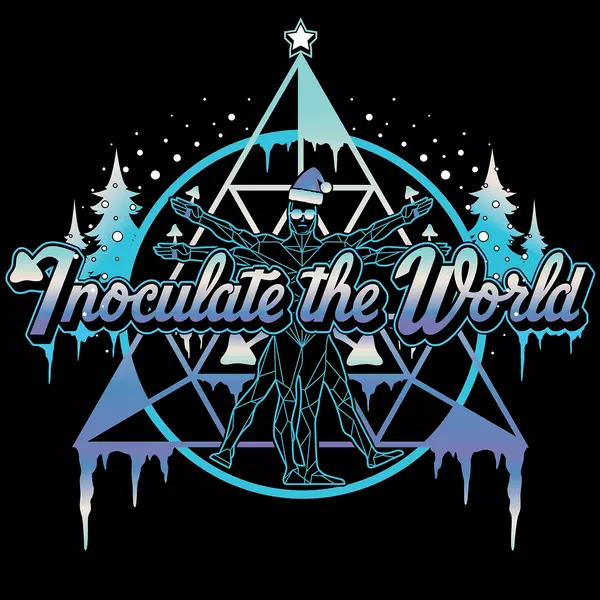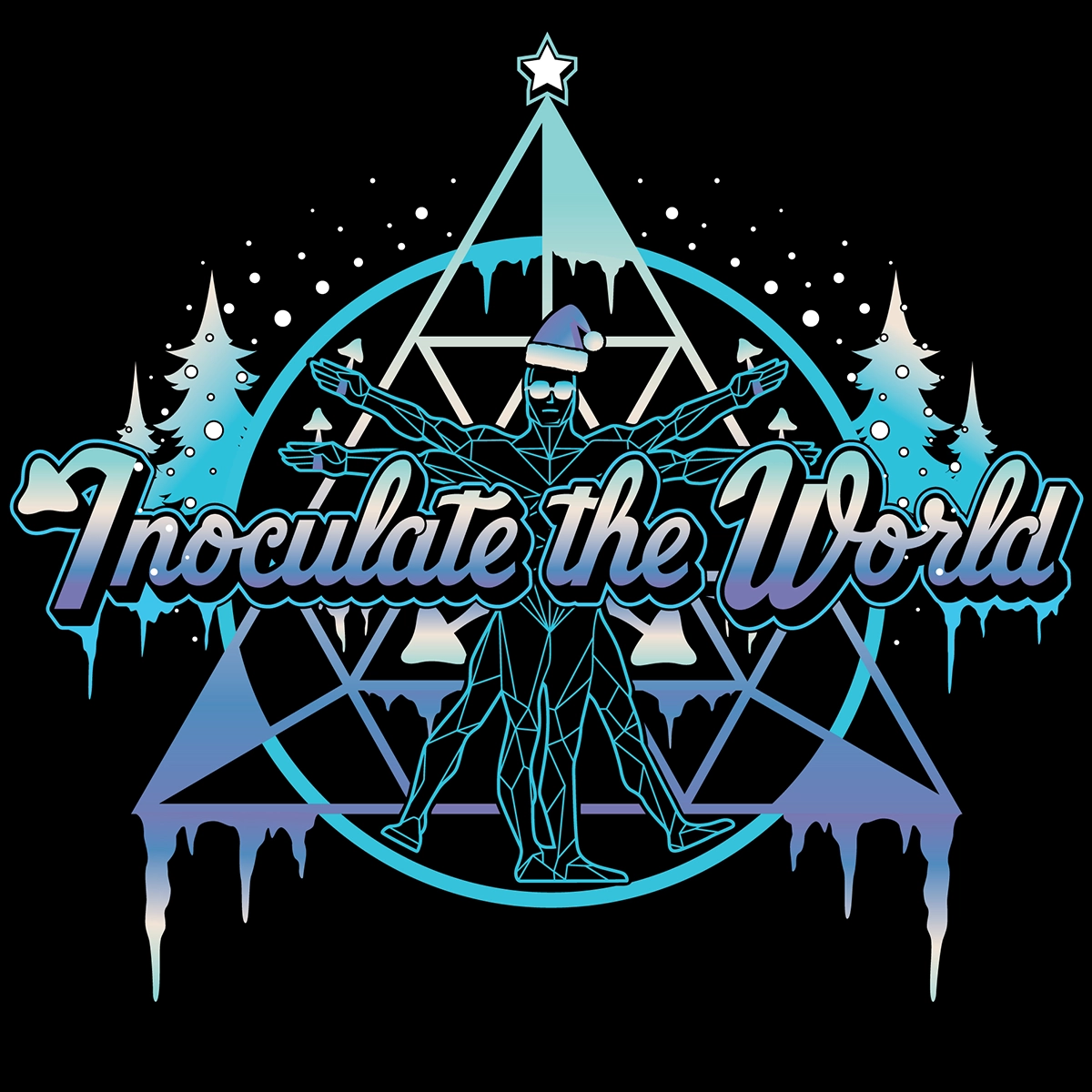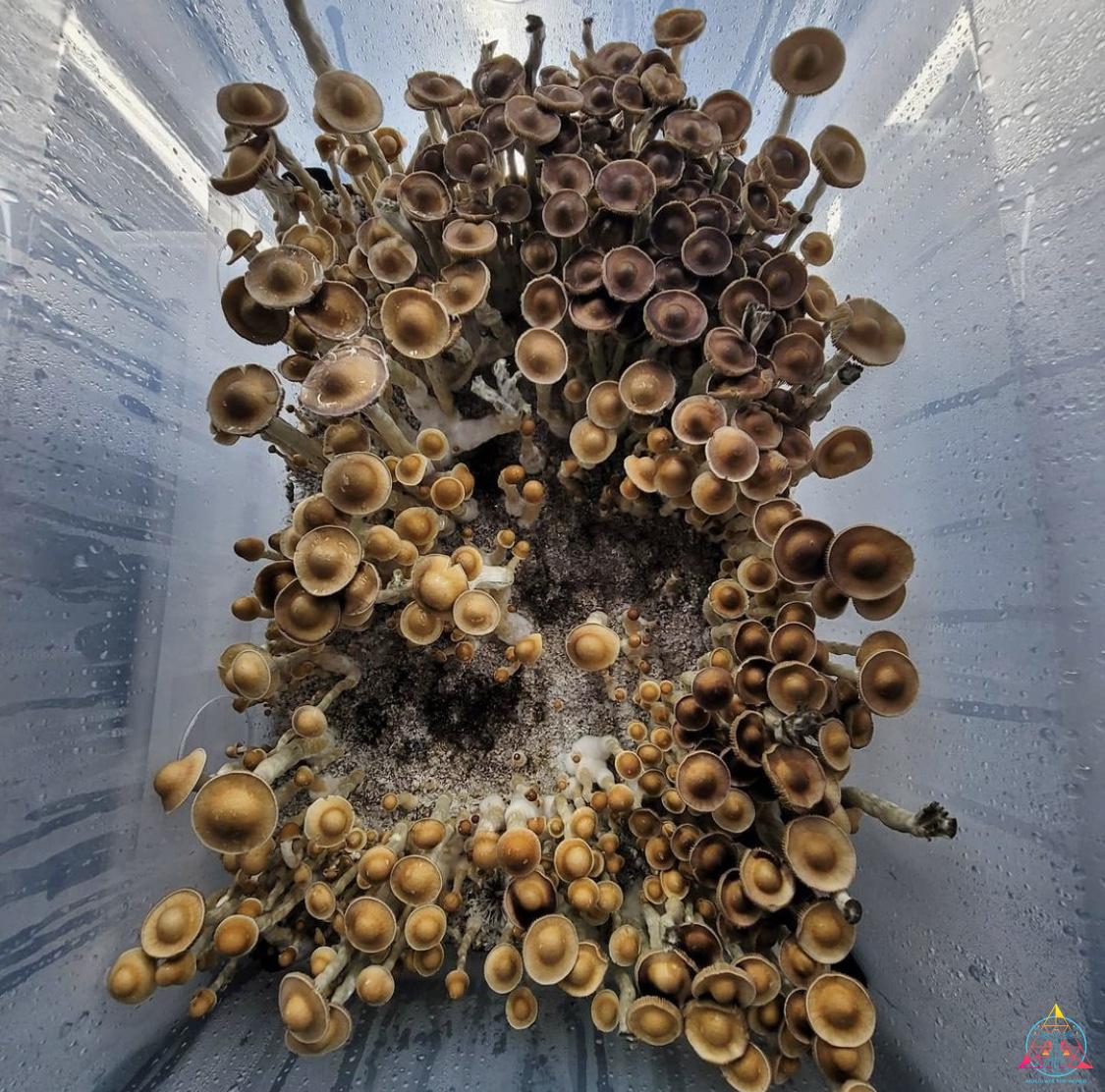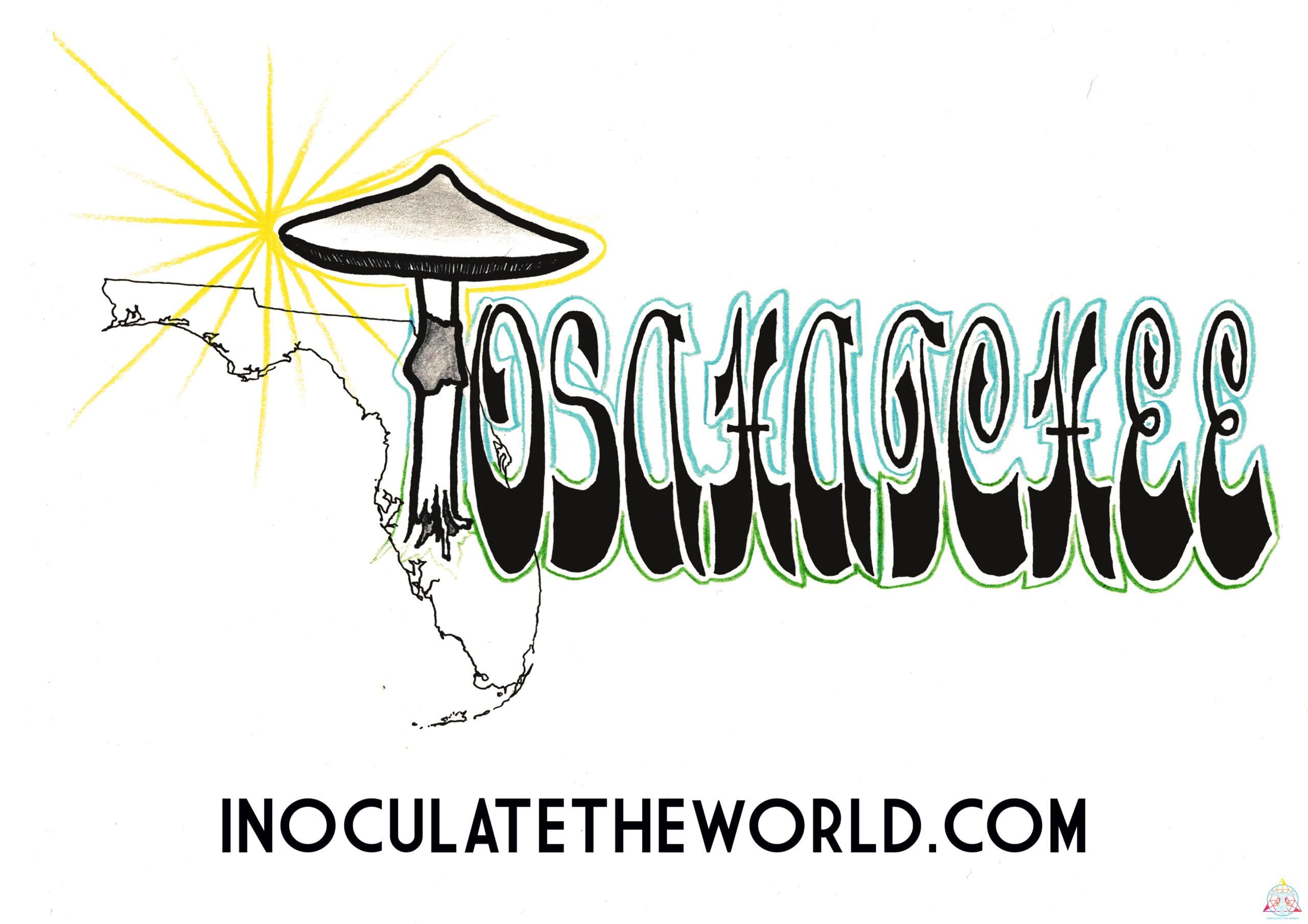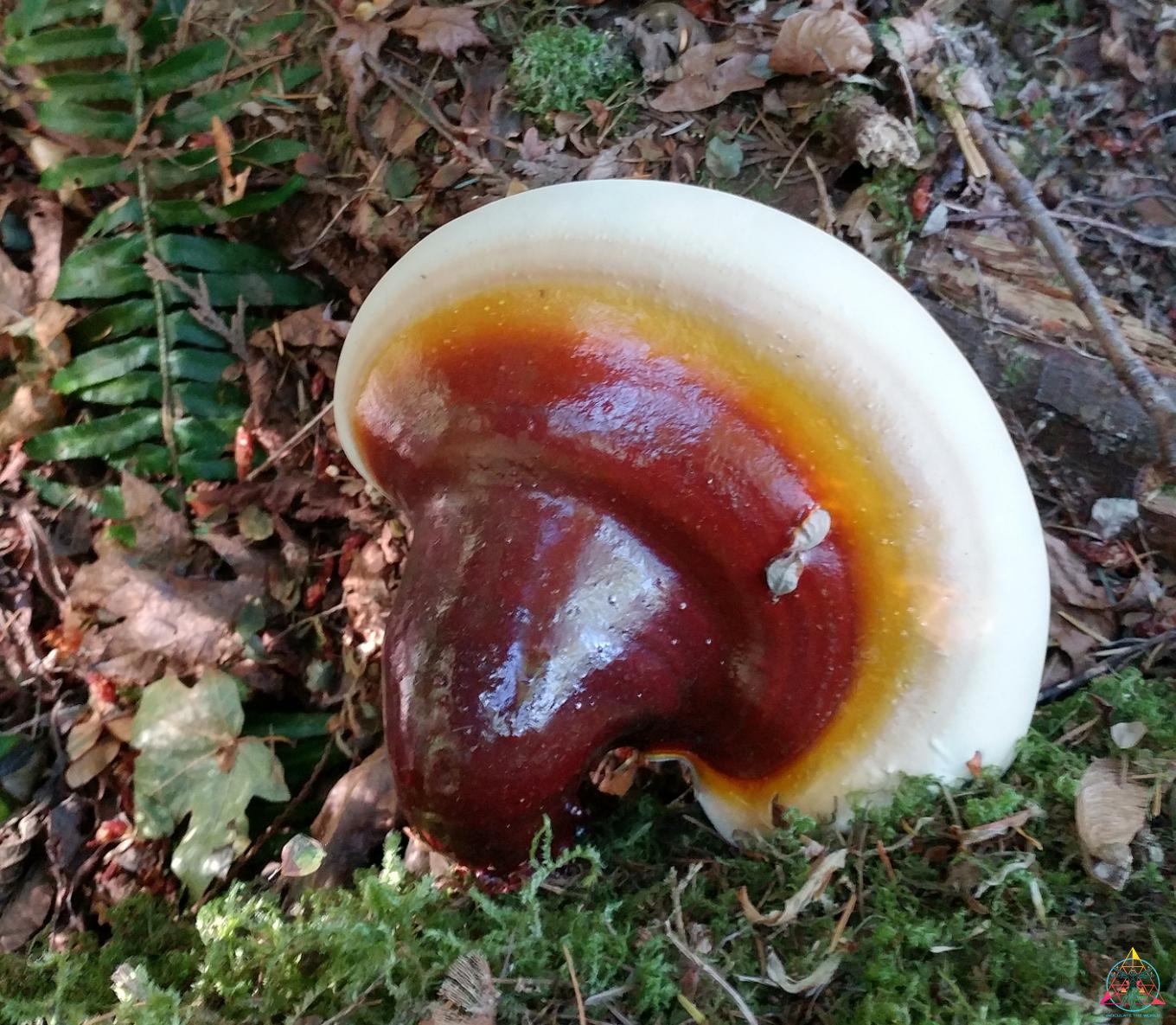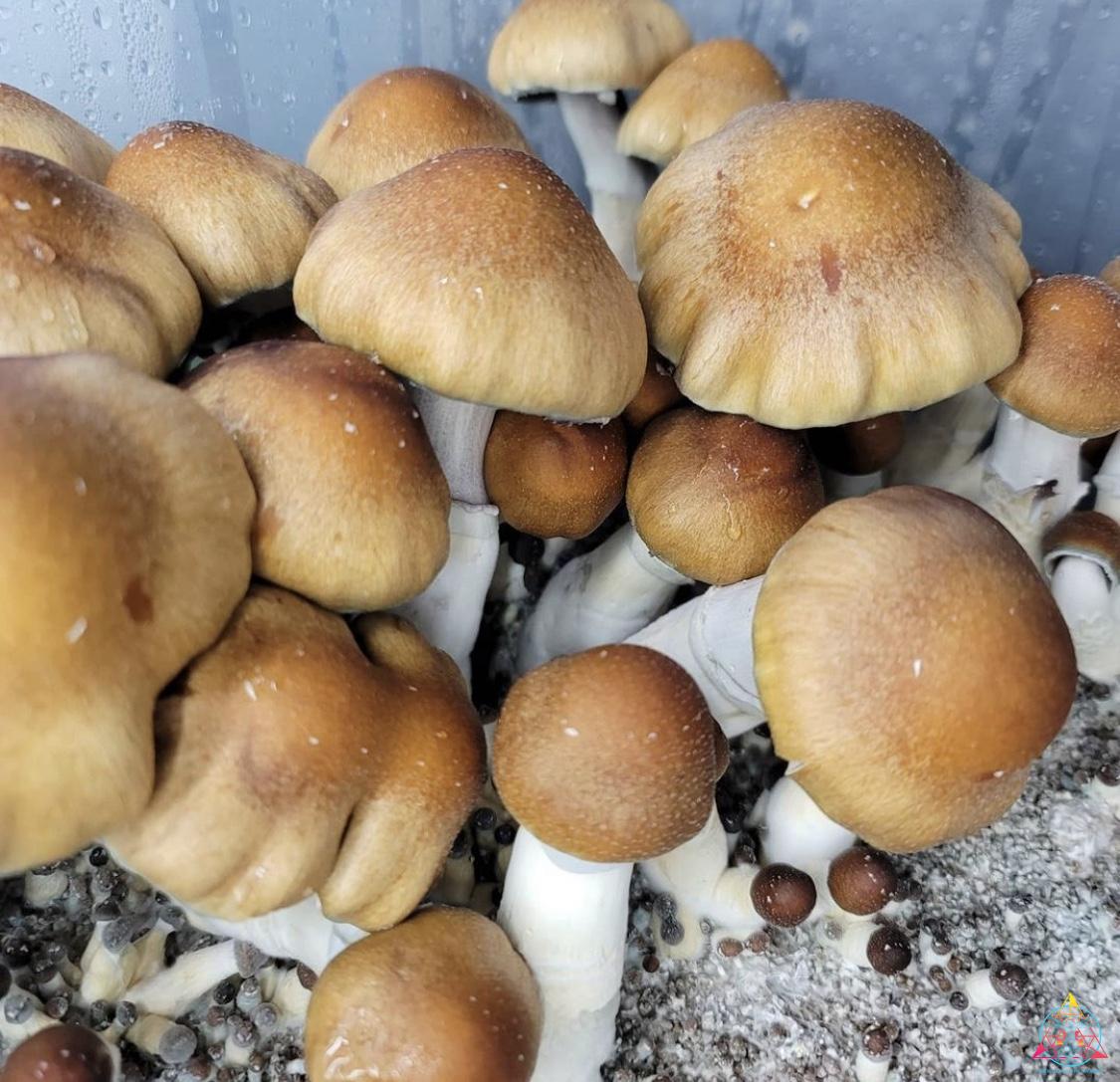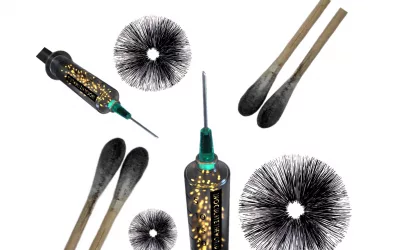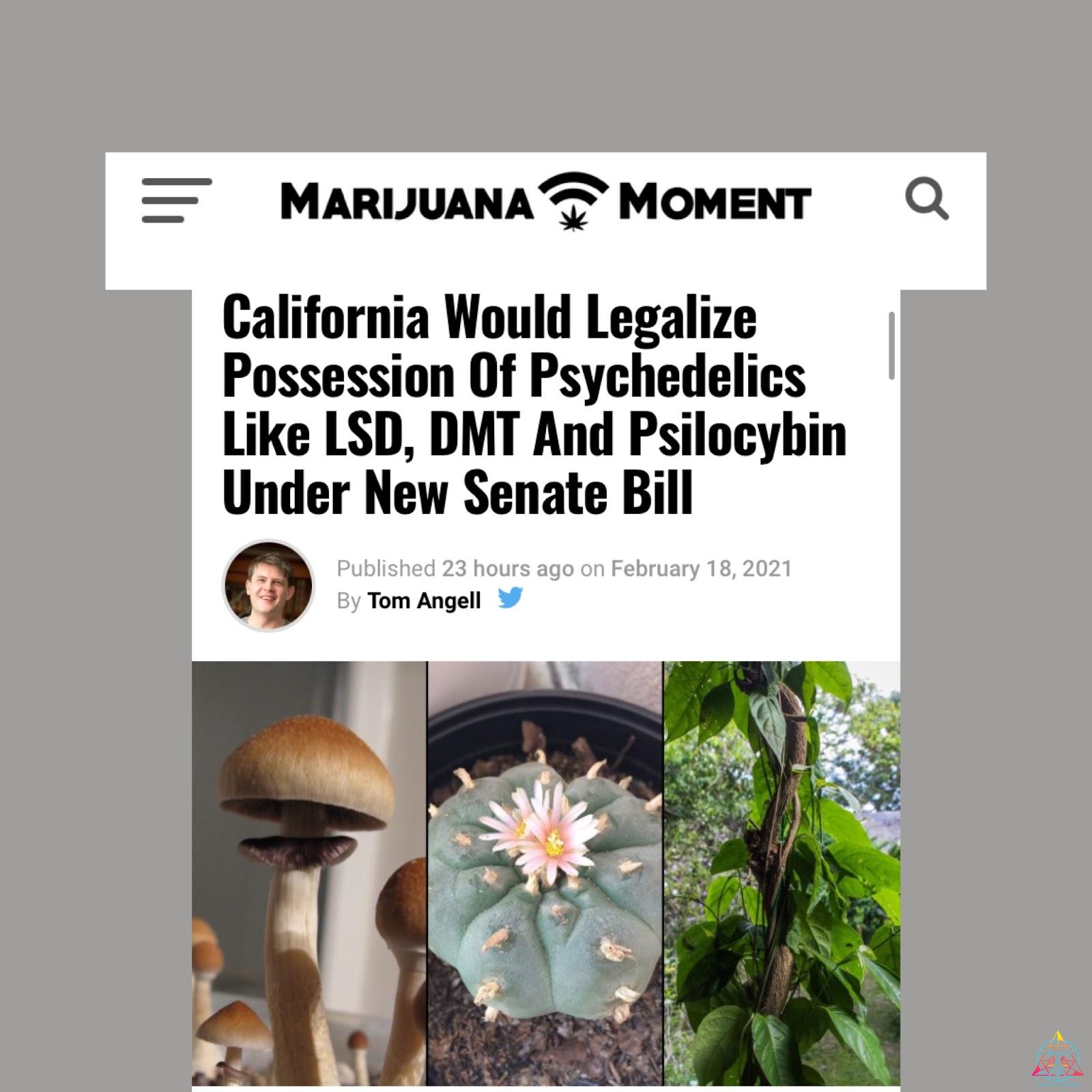
Possession of psychedelics such as psilocybin mushrooms, LSD and DMT would be legalized in California under a new Senate bill that was introduced on Wednesday.
The legislation, filed by Sen. Scott Wiener (D) and three Assembly cosponsors, would additionally provide expungements for people with prior criminal records for possession or use. It would also establish a working group tasked with studying potential future regulatory systems for psychedelics and making recommendations on the issue to lawmakers by January 1, 2024.
MDMA, ketamine, mescaline and ibogaine are among the other substances that would be covered under the proposal, which would also allow for social sharing.
“Policy should be based on science and common sense, not fear and stigma,” Wiener said in a press release. “The War on Drugs and mass incarceration are destructive and failed policies, and we must end them. Moreover, given the severity of our mental health crisis, we shouldn’t be criminalizing people for using drugs that have shown significant promise in treating mental health conditions.”
The senator’s office said the bill “does not imagine a ‘cannabis model’ or lay a foundation for retail trade in psychedelics” but instead “proposes to end the failed War on Drugs approach to addressing psychedelics while building on the science and research in the psychedelic field to create the potential for a therapeutic framework that could help people struggling from the effects of depression, anxiety, PTSD and other health conditions.”
While the bill is being described by lawmakers and advocates as simple “decriminalization,” the official legislative analysis of the proposal states that it would “make lawful” the personal possession and social sharing of these substances.
Meanwhile, a group of California activists recently announced plans to put an initiative to legalize the use and retail sale of psilocybin on the state’s 2022 ballot. That group, Decriminalize California, said that it would first work to convince lawmakers to pursue reform and then take the issue directly to the people if the legislature fails to act.
“This bill is part of a larger push to end the failed War on Drugs, which has disproportionately harmed underserved communities of color,” Assemblymember Evan Low (D), who is cosponsoring Wiener’s legislation, said. “Our bill helps to lead us on a path to decriminalizing substance abuse so we can focus on providing addiction treatment instead of paying for jail cells and ignoring the larger problem.”
The new bill, SB 519, does not legalize mescaline sourced from peyote cacti, which Wiener’s office says is a threatened and protected species “due to habitat loss, illegal poaching and other cultural and environmental reasons.”
Carlos Plazola, national board chair of Decriminalize Nature, said the legislation “has a strong focus on ensuring social justice and equitable access for traditionally marginalized communities, while enabling multiple modalities for mental health treatment.”
The new effort in the California legislature, which Wiener first previewed back in November, comes as activists are stepping up the push to enact psychedelics reform locally in cities in the state and across the country.
Since Denver became the first city in the U.S. to decriminalize psilocybin mushrooms in 2019 via a citizen initiative, a national movement has rapidly spread.
Six other cities—Oakland, Santa Cruz, Ann Arbor, Washington, D.C., Somerville and Cambridge—have decriminalized possession of a broader collection plant-and fungi-based psychedelics since Denver’s move.
In Oregon, voters approved historic initiatives to legalize psilocybin for therapeutic purposes and decriminalize drugs more broadly in November.
“People should be able to seek alternative treatment for diseases like anxiety, depression, and PTSD, and we need to make science-based treatments available to those in need,” Wiener said. “Cities like Washington, D.C. and states like Oregon have led the way, and now it’s California’s turn.”
Weiner isn’t the only state lawmaker who’s following activists’ example.
A Republican lawmaker in Iowa introduced a bill recently to remove psilocybin from the list of controlled substances and another to let seriously ill patients use psychedelic mushrooms, LSD, DMT and other drugs.
In Texas, a state legislator introduced a bill that would require the state to study the therapeutic potential of psilocybin, MDMA and ketamine in the treatment of certain mental health conditions.
Legislators in Connecticut, Florida, Hawaii, Kansas, Washington State and Virginia are also considering psychedelics and drug policy reform bills for the 2021 session.
“Drug decriminalization is a necessary first step to repairing the harms from the decades-long public health disaster of the War on Drugs,” said Natalie Lyla Ginsberg, director of policy and advocacy for the Multidisciplinary Association for Psychedelic Studies. “Criminalization has failed to deter drug use—over the last 50 years, drug use has actually increased. However, in countries like Portugal where drug policies have shifted from a criminal justice to a public health centered approach, drug-related deaths and illnesses have dropped dramatically.”
Related Articles
How to Store Spores And Liquid Cultures
So you just got your mushroom spores or liquid culture from Inoculate The World but now you’re probably wondering on how to store them to ensure their longevity. Here is everything you need to know about storing spores and liquid cultures!How Long Can Spores Last In...
The Benefits of Buying Spores from InoculateTheWorld
Come learn about why more and more people continue to buy spores from InoculateTheWorld.
Psychedelic Legalization in Colorado
Psychedelic Legalization in Colorado The 2022 midterms was an important election in many states across the US. However, one of the most interesting issues on the ballot was Colorado’s Proposition 122 to legalize psychedelic plants and fungi. With the passing of...
